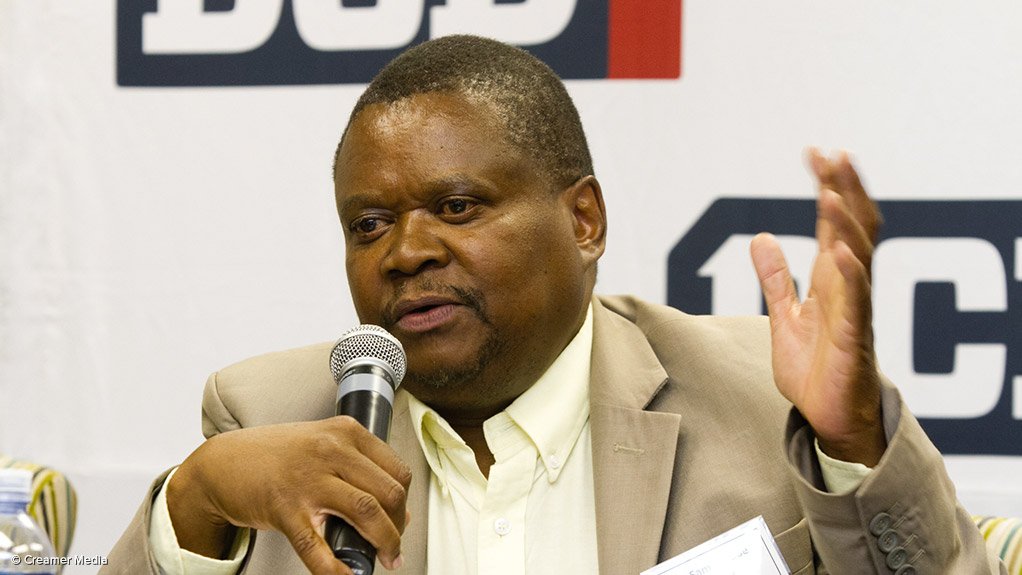The South African government has set growth targets it hopes that the local defence industry will achieve over the next few years. This was reported by Secretary of Defence and Military Veterans Dr Sam Gulube on Friday. He was delivering the keynote address at the 2019 Aerospace, Maritime and Defence Conference, in Pretoria.
Currently, he pointed out, the South African defence industry accounted for 0.47% of the country's gross domestic product (GDP) and directly employed 15 000 people. The industry had suffered from years of declining defence budgets in South Africa, a result of the country's economic difficulties, and had become dependent on exports.
"It is our hope that there will be a turnaround, there will be light at the end of the tunnel, that the economy will recover," he said. This would allow an increase in domestic defence spending. "It is in the nation's interest to have a strong defence industry."
"The [government's] targets for [defence industry] growth include [accounting for] 1% of GDP by 2023," he said. "Foreign direct investment [in defence] is expected to double from R12-billion today to R24-billion in five years." It also sought the doubling of direct defence industry jobs from 15 000 to 30 000 by 2023.
The administration of President Cyril Ramaphosa had already identified seven national priority areas to stimulate economic growth and development. The fifth priority area was high-technology industries, and the defence industry was listed as one of these.
"The South African defence industry [already] generates billions of rands in foreign exchange every year," he noted. Over the past five years, the industry's exports had grown from R5-billion a year to R11-billion a year. And it would have to continue with this export focus. "Gone are the days when the industry could rely on the SANDF [South African National Defence Force] as its only customer," he cautioned.
This might require a restructuring of the local industry. "It is worthwhile for the South African defence industry to consider consolidation," suggested Gulube. South African companies should not be competing with each other but working together under the banner and brand of "Team South Africa".
Regarding State-owned defence group Denel, he admitted that its woes had hurt the local defence industry, but highlighted that the group now had new leadership. "We are confident that Denel is on the road to recovery," he assured.
And there was some other good news on the domestic front, as well. For the current financial year, the Department of Defence had assigned R500-million for technology research and development. Armscor had placed contracts worth R11.7-billion. And the National Treasury had agreed that funds from the United Nations, for South Africa's participation in peacekeeping operations, would no longer go into the general purse but be ring-fenced, to pay for equipment for the SANDF.
The South African defence industry faced many challenges but it also had many opportunities, he observed. It was still a leader in, for example, artillery and missiles, and internationally competitive in many other areas.
EMAIL THIS ARTICLE SAVE THIS ARTICLE ARTICLE ENQUIRY
To subscribe email subscriptions@creamermedia.co.za or click here
To advertise email advertising@creamermedia.co.za or click here











